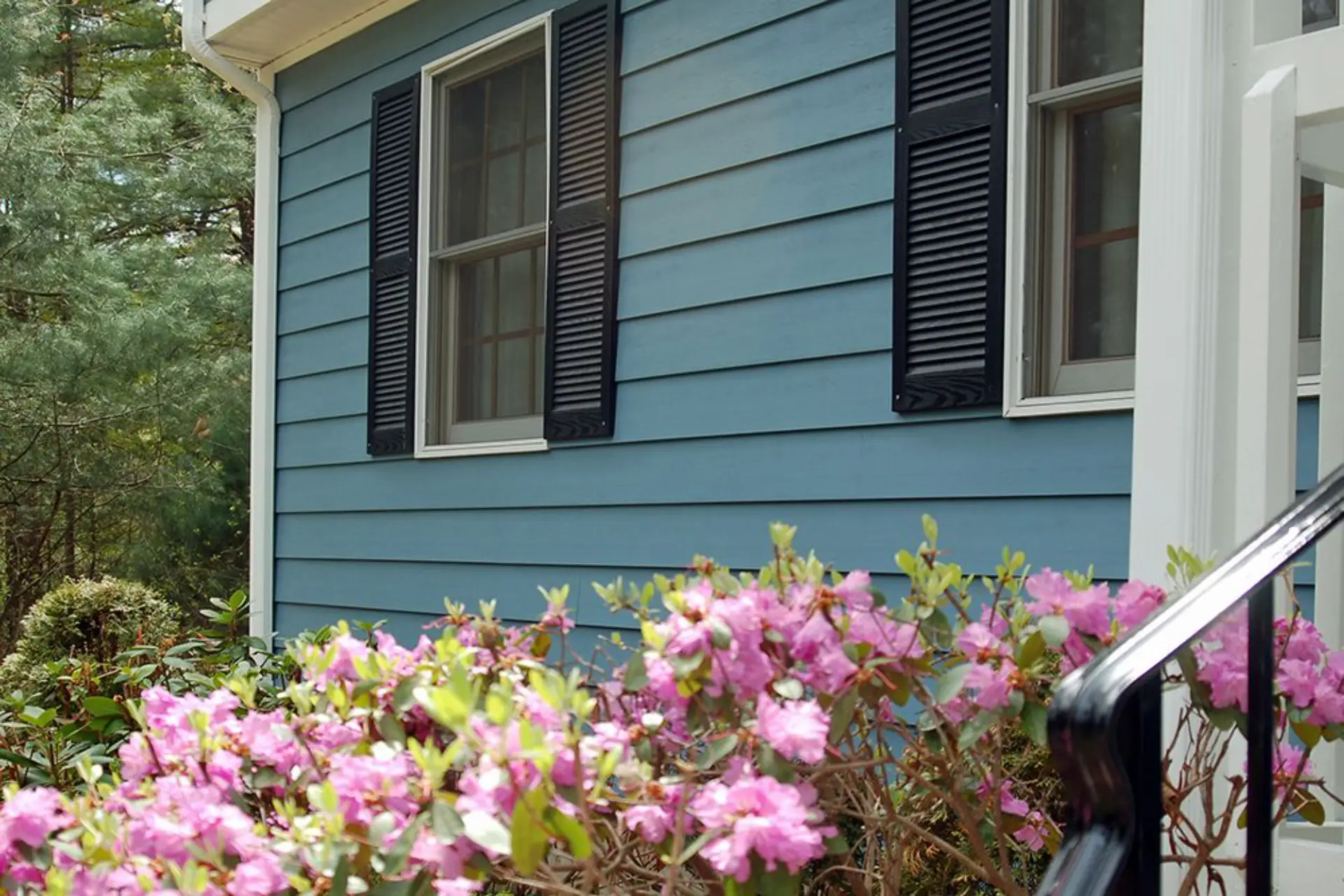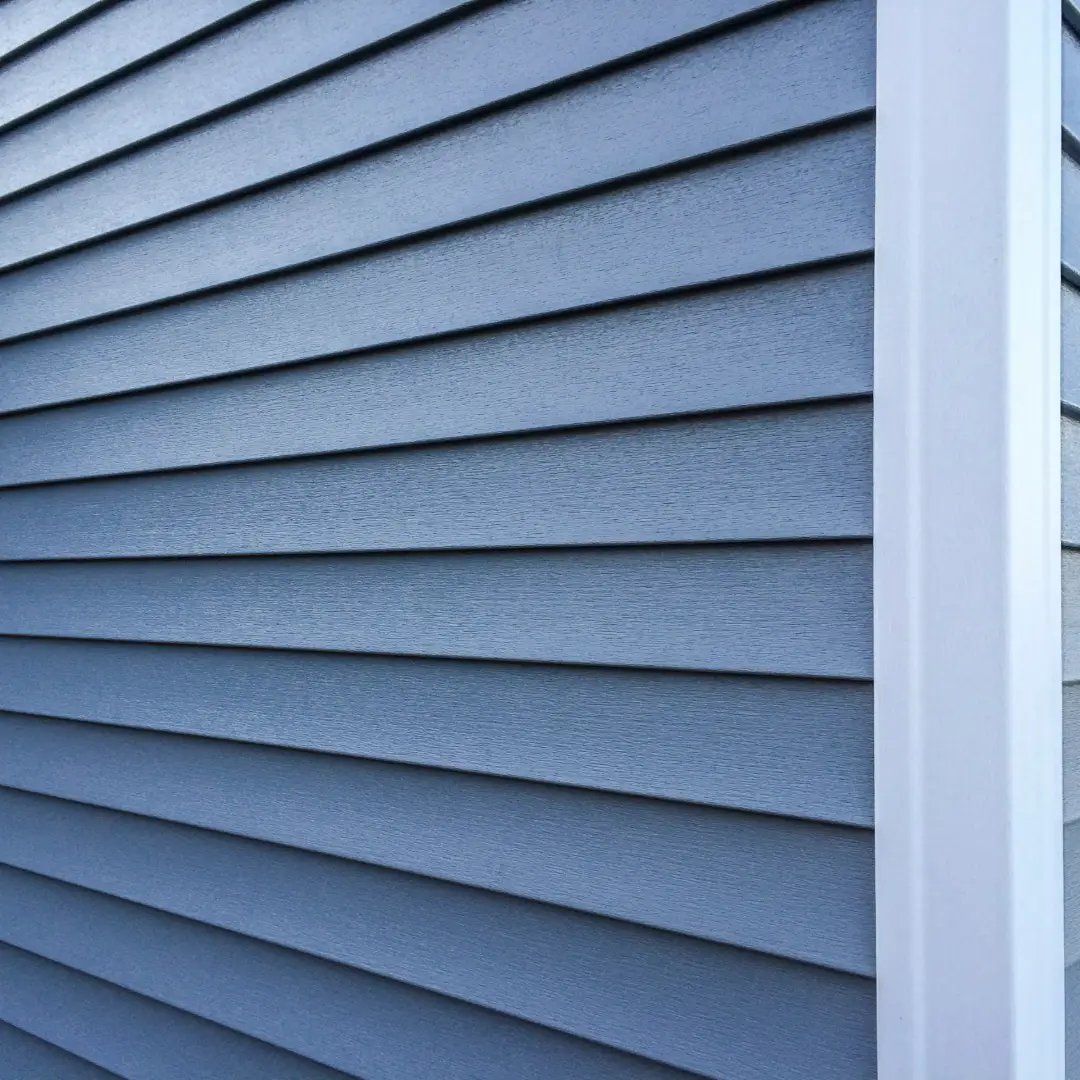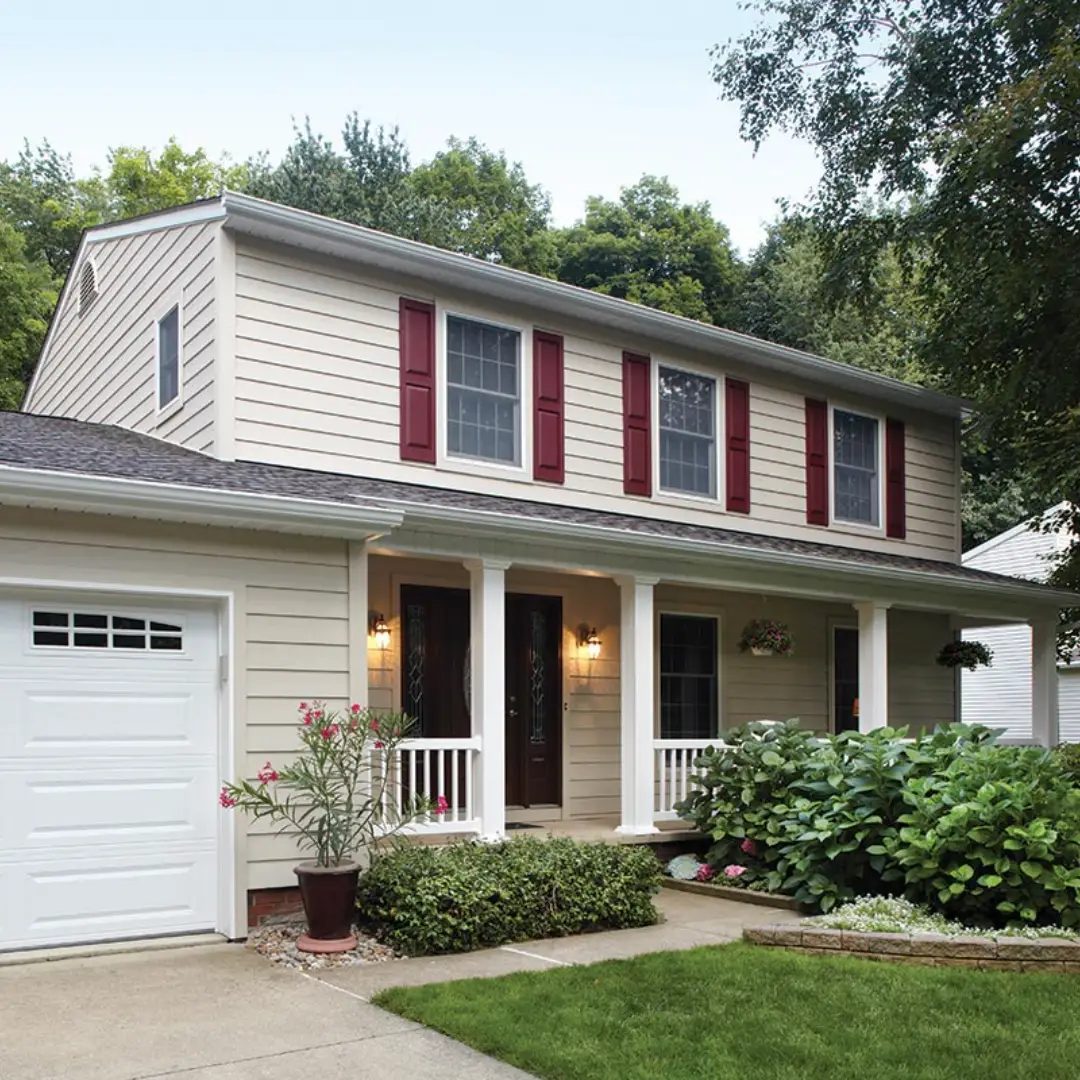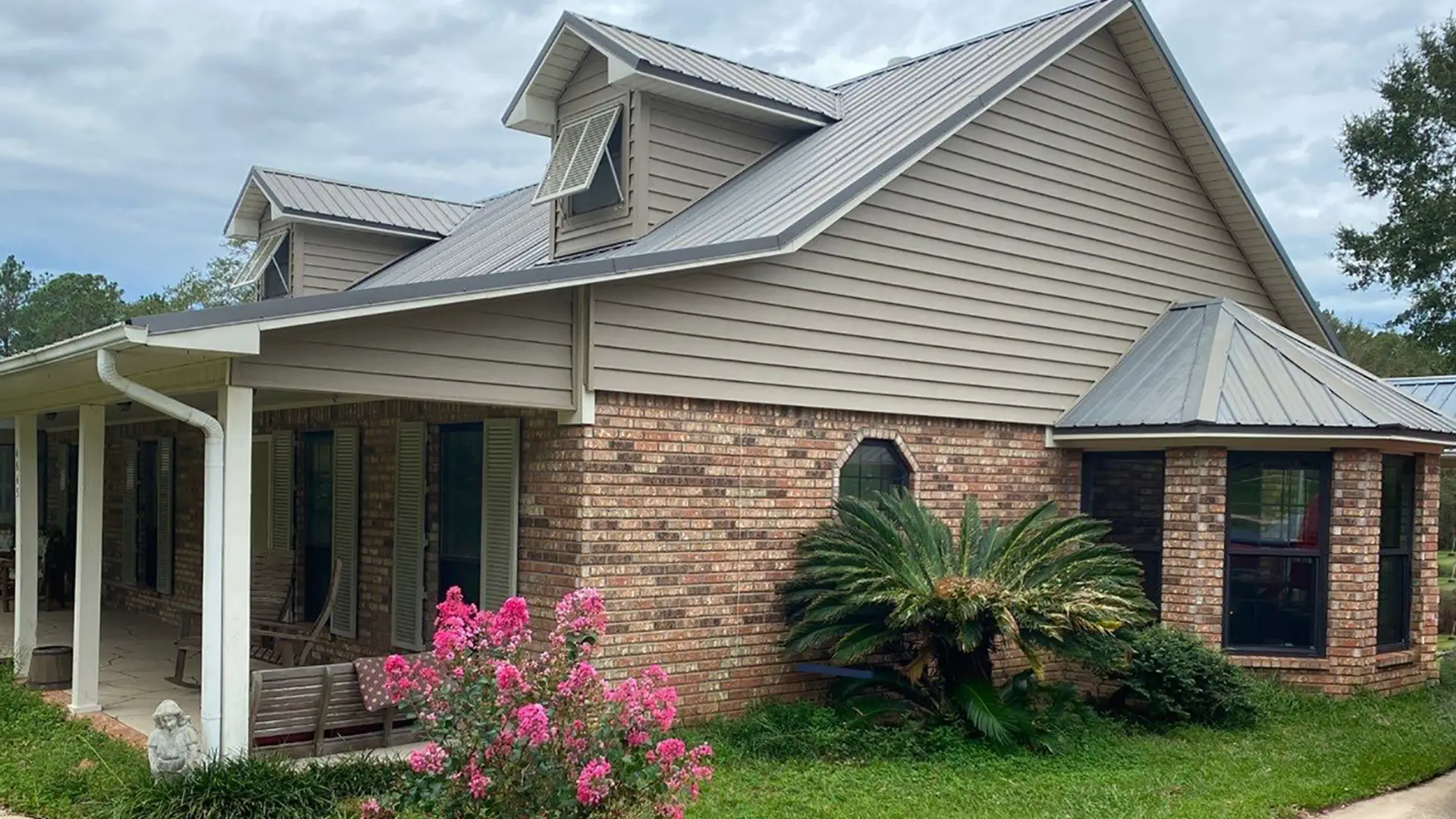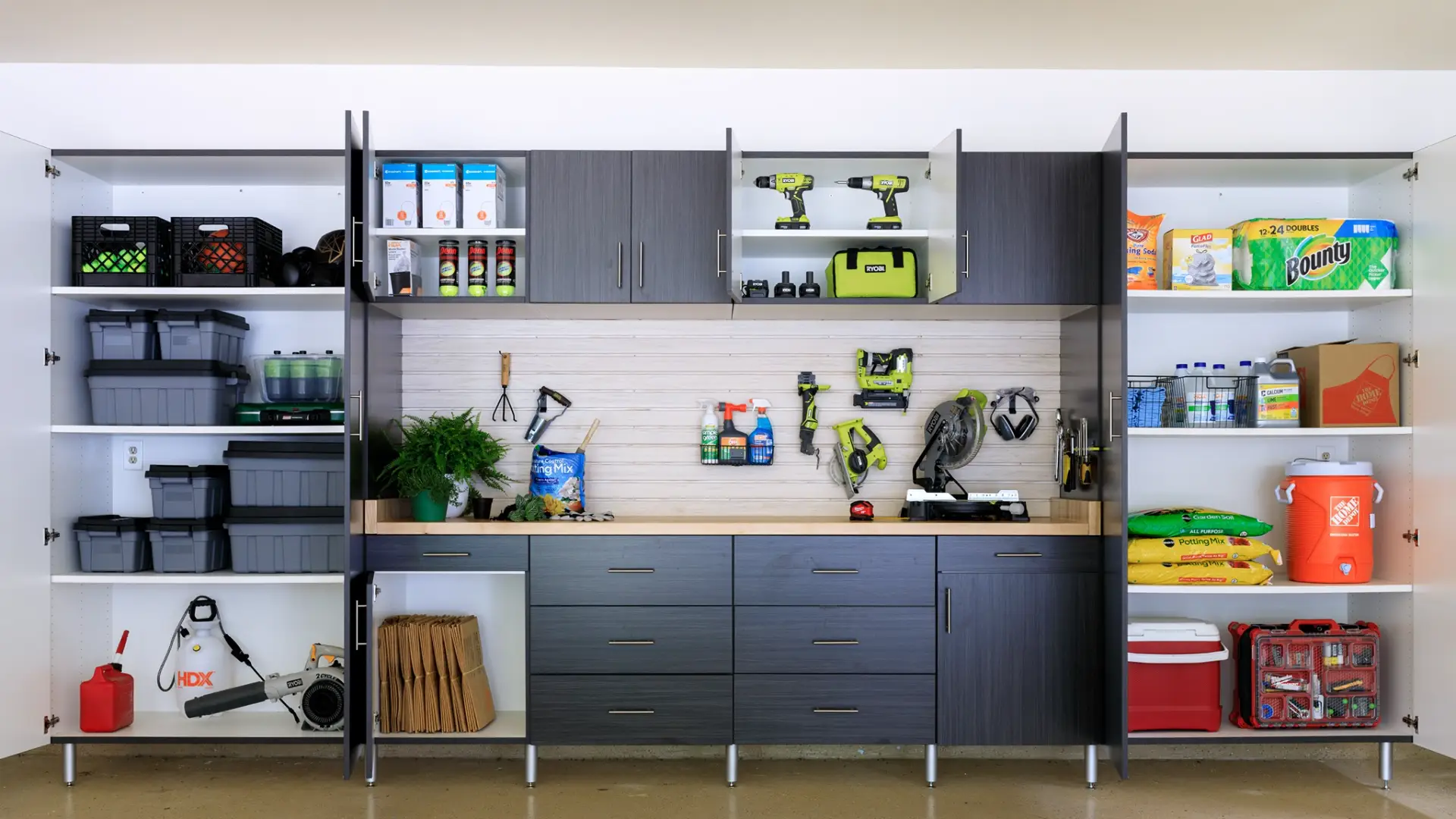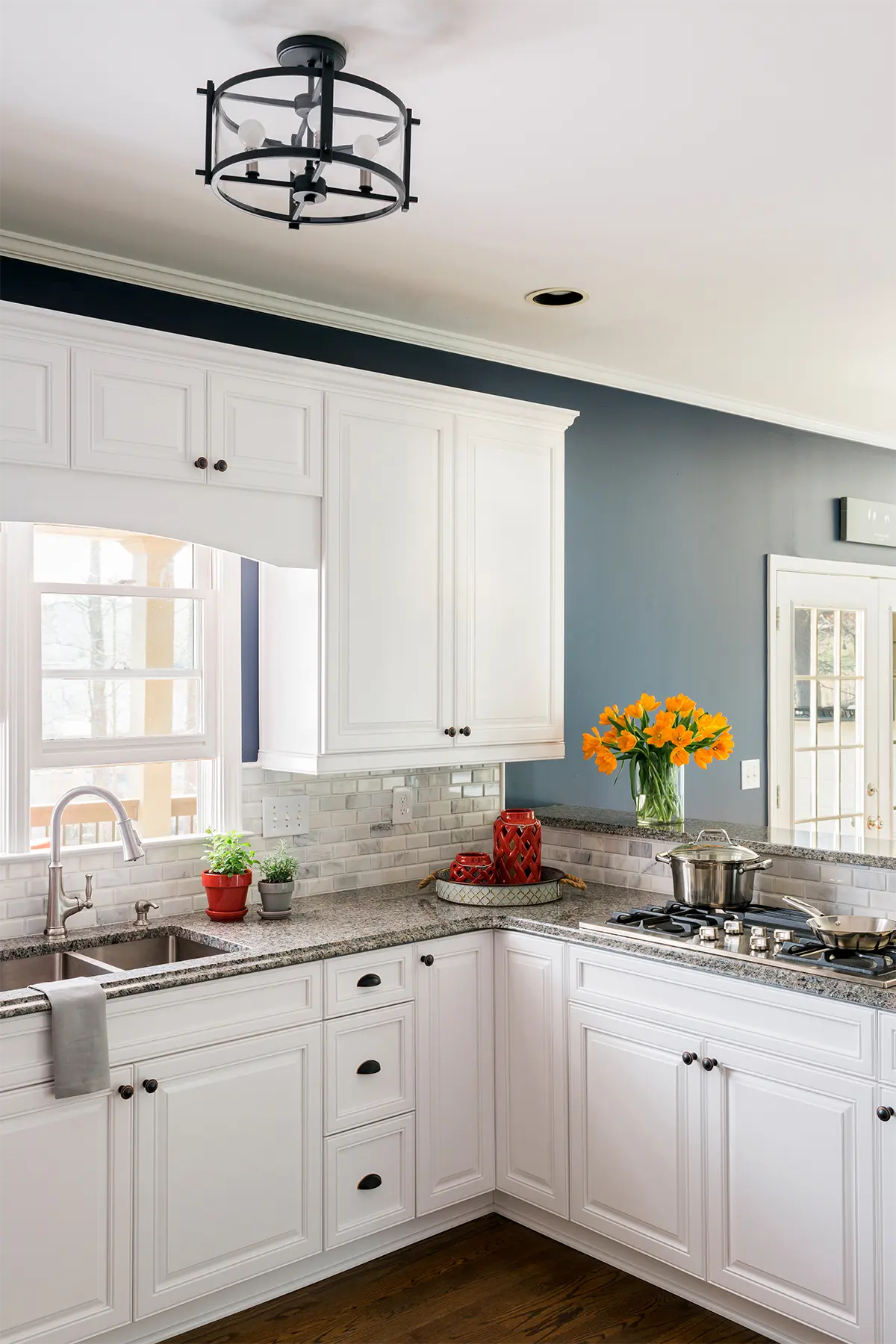The Panhandle's Trusted Home Improvement Experts For Over 28 Years!
Rated #1 Home Improvement Company in the Panhandle by the BBB
Windows, Doors, Hurricane Shutters & More
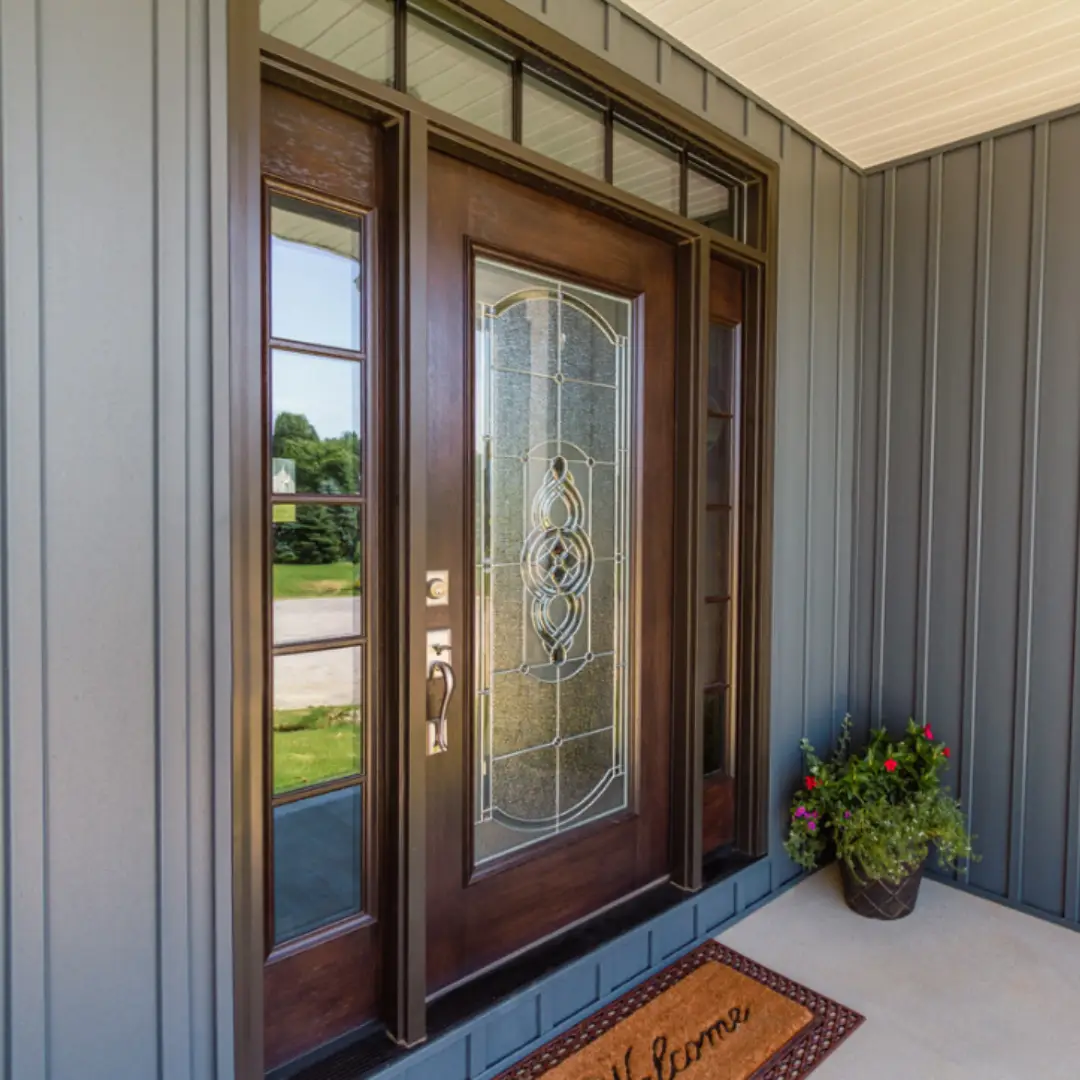
The Home Improvement Company Providing Red Carpet Service in Pensacola, FL & the Gulf Coast
Does the perfect home improvement experience exist? At Majors Home Improvement, we think so. This is what we strive for with each and every project we complete. In fact, we don’t want our customers all along the Panhandle to just have a good experience with us, but one that far exceeds their expectations of a home improvement company.
We want them to be delighted by every step of the process—from the initial design consultation where we will bend over backward to meet your needs to the professional installation where we go the extra mile by leaving your home cleaner than when we arrived.
We’ll even go so far as to get to know your pets and make sure they are not upset by our presence. That’s just the kind of service you can expect from us.
Our Home Improvement Services
Replacement Windows
Our vinyl Windows are built for the Florida climate. They are energy efficient, highly durable, and beautiful to boot. Your home will be the envy of the neighborhood! For added protection during hurricane season, try our very own hurricane impact windows.
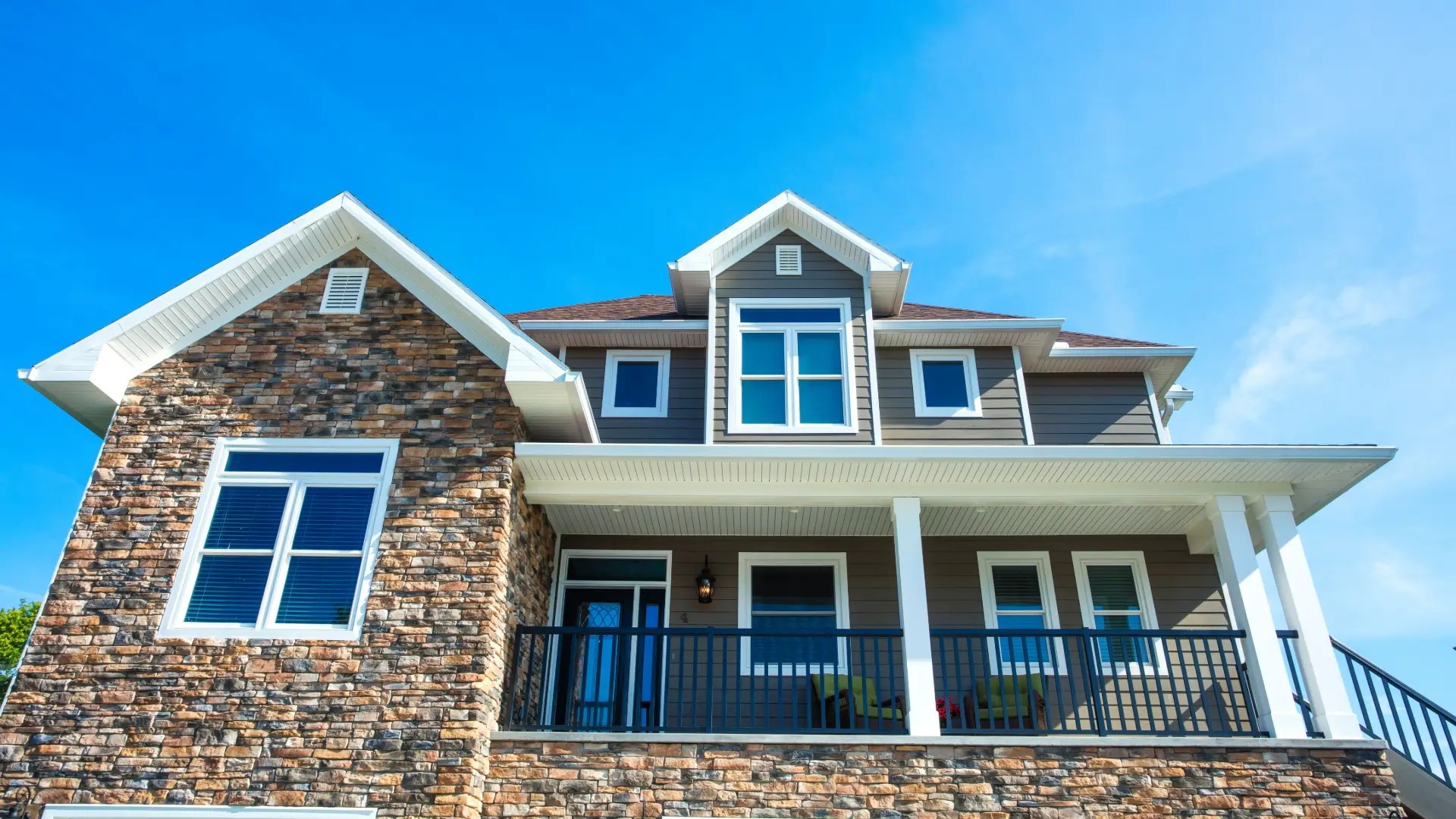
Exterior Doors
Your neighbors won’t be able to stop talking about your beautiful new exterior doors. Our fiberglass front entry doors are gorgeous as well as durable, with a wood-grain texture and polyurethane cores, and our patio doors can instantly enhance your backyard entryway.
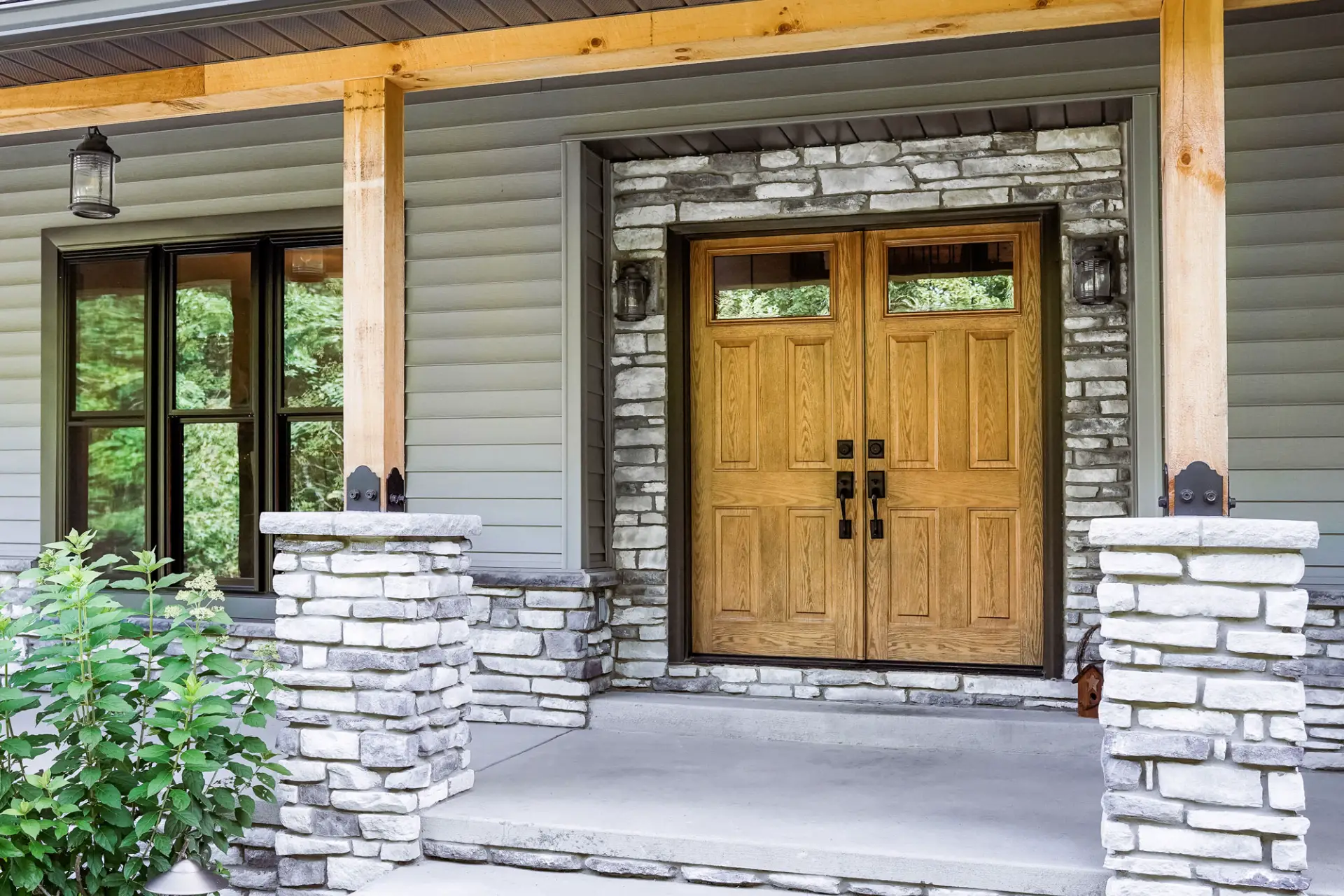
Hurricane Shutters
Keep your home and family safe with hurricane shutters form Majors. Available in a wide variety of styles, which meet all building code requirements, they will offer a great look and even better protection.
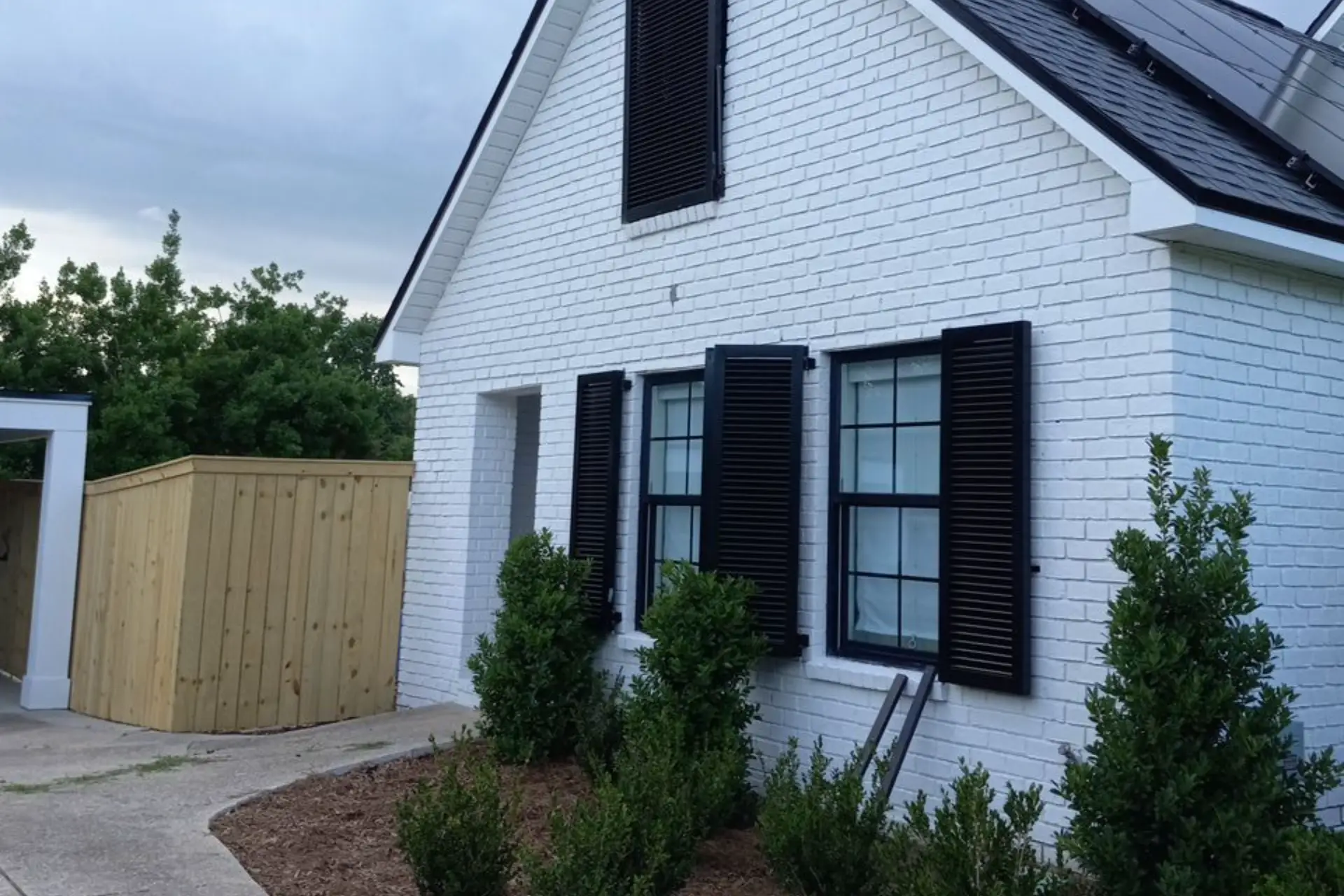
Outdoor Living
Everyone will want an invite to your next backyard gathering after Majors installs outdoor living upgrades! You can spend your future gatherings, family dinners, and relaxation time under a new patio cover or pergola, or within a new screen room or sunroom.

House Siding
Damaged siding doesn’t just detract from curb appeal, it also puts your home at risk for insect infestations, water damage, and more issues. Let Majors replace it with our gorgeous, durable, and insulated vinyl siding!
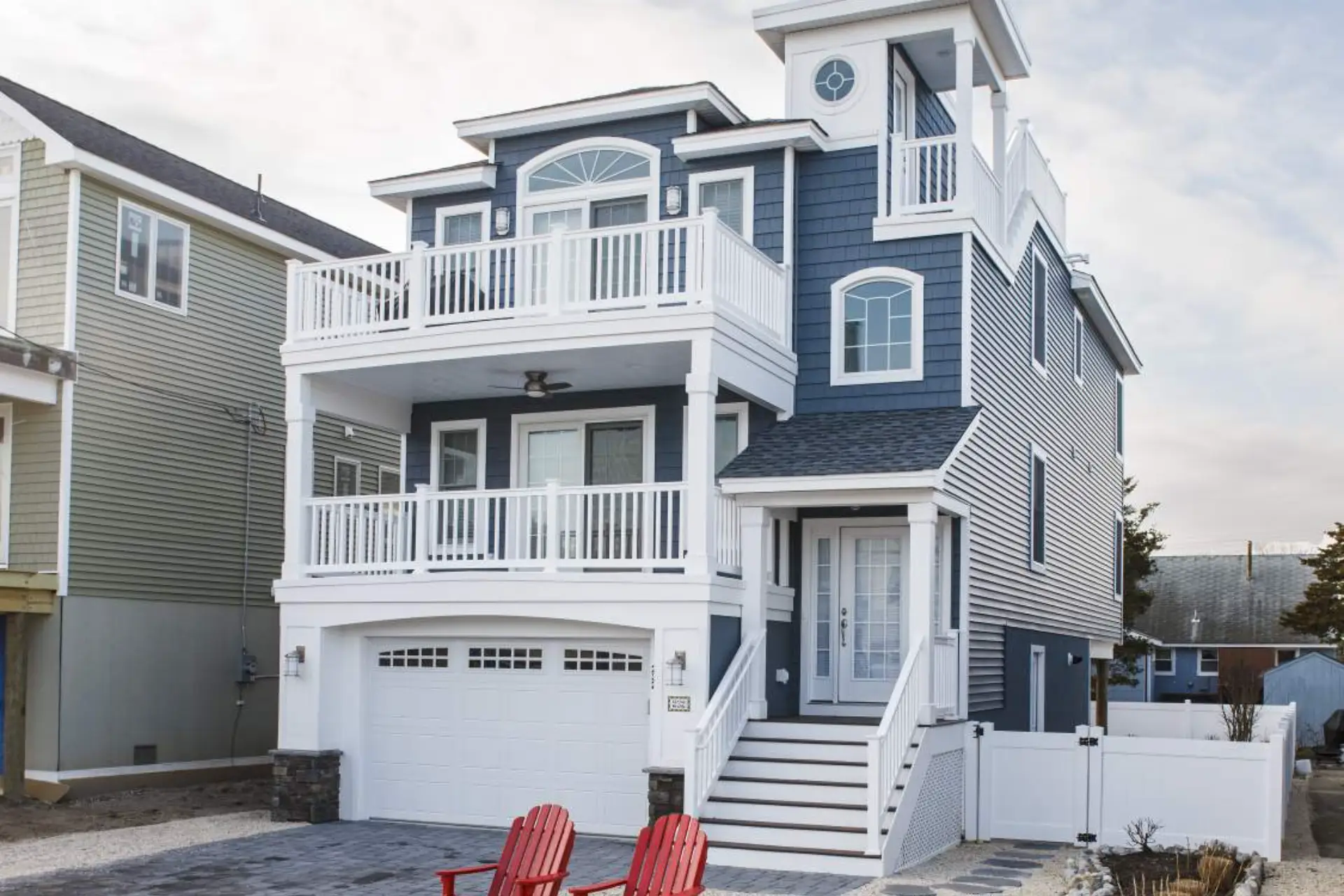
Interior Remodeling
From kitchen and bathroom remodeling to cabinet makeovers, custom closets, and garage storage systems, Majors can transform the inside of your home to make it more beautiful, functional, and organized all at once.
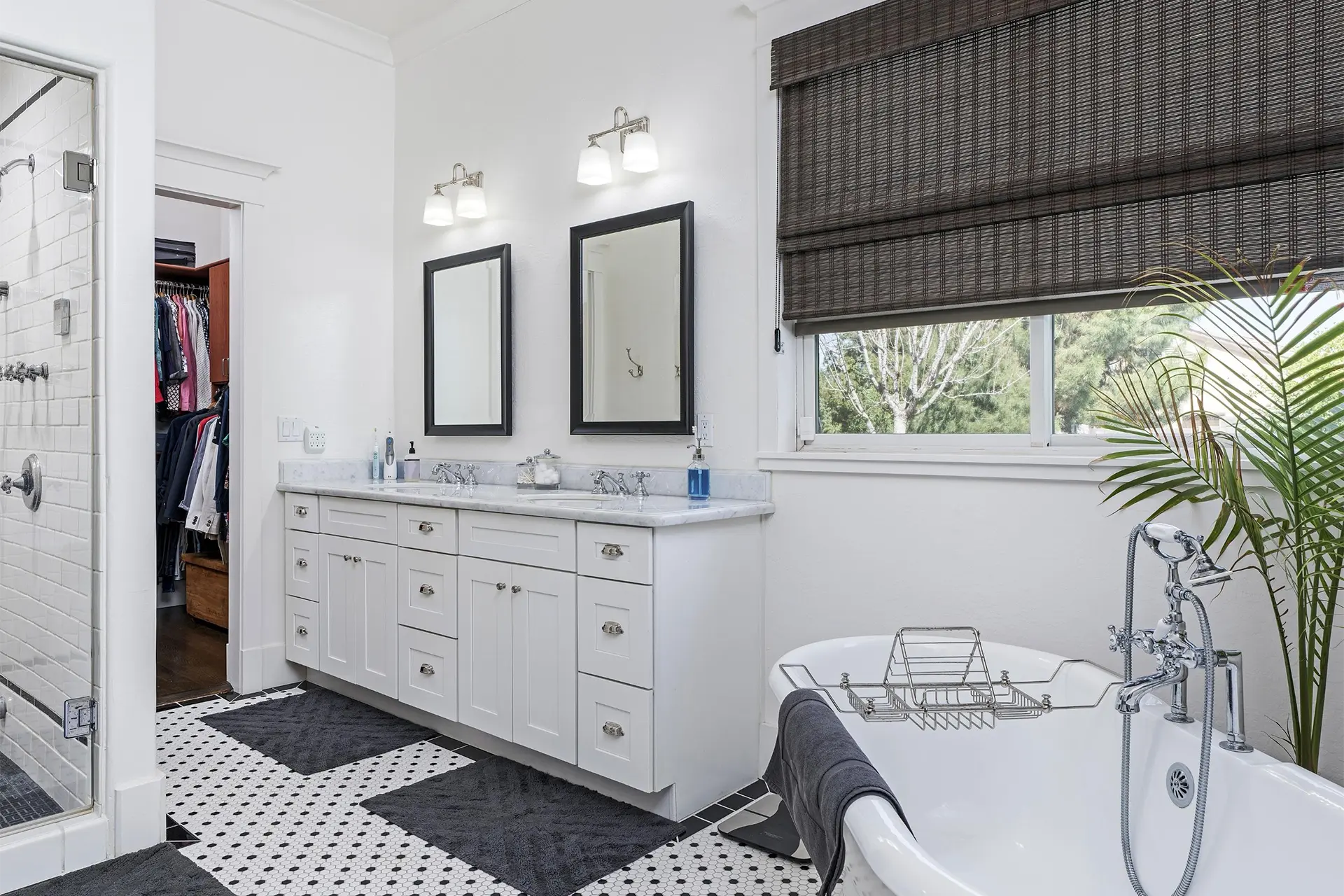
Swipe for more services
WHY CHOOSE US?
We Roll Out the Red Carpet for Our Customers
Majors Home Improvement is known throughout the Panhandle for our signature Red Carpet Service. Here’s why homeowners have enjoyed working with us for decades:
Premium Products
We go the extra mile to ensure our customers receive the products they deserve.
Military Discounts
To show our appreciation for those who serve, we provide discounts to active and retired military.
Affordable Pricing & Financing
We offer several ways to pay for your renovation, including financing opportunities.
Award-Winning Service
Majors has earned awards from Best of the Bay and Qualified Remodeler.
Customer Stories
Don't just take our word for it...
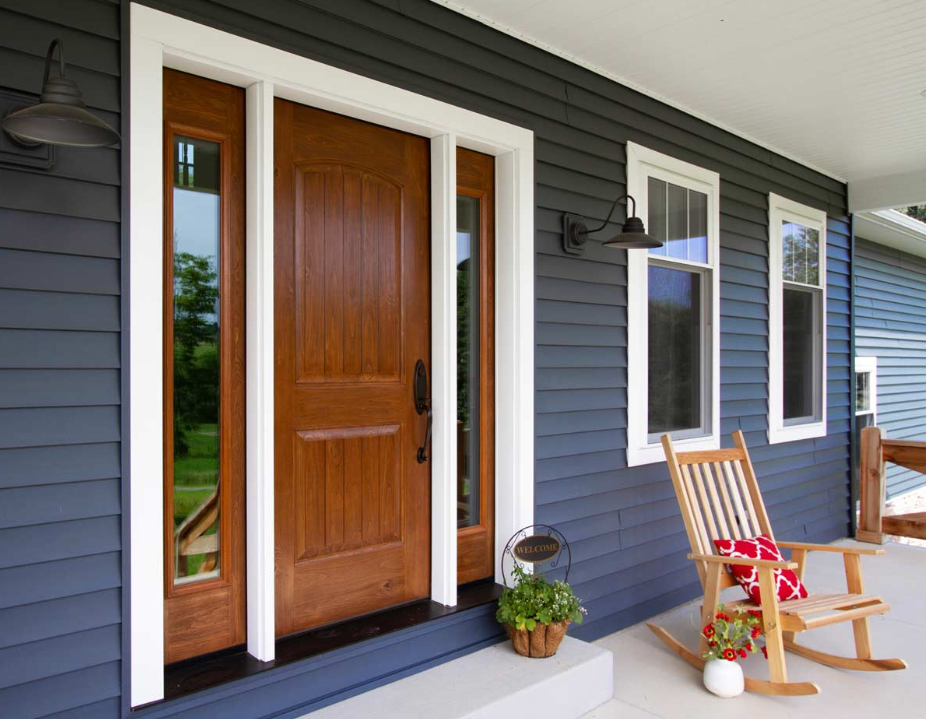
Majors: Home Improvements You Can Count On
Even the best home improvement experience can be ruined if the products that are installed aren’t top quality. That’s why we only install top-of-the-line replacement products.
Enhance your home’s beauty and protection with our premium windows, doors, and siding. Our hurricane shutters are fully compliant with building codes to keep your property safe.
Plus, our durable sunrooms, screen rooms, and patio covers are low-maintenance and designed to withstand the strongest Florida winds.
We Source From Some of the Most Respected Manufacturers in the Industry!



.png)


















.svg)









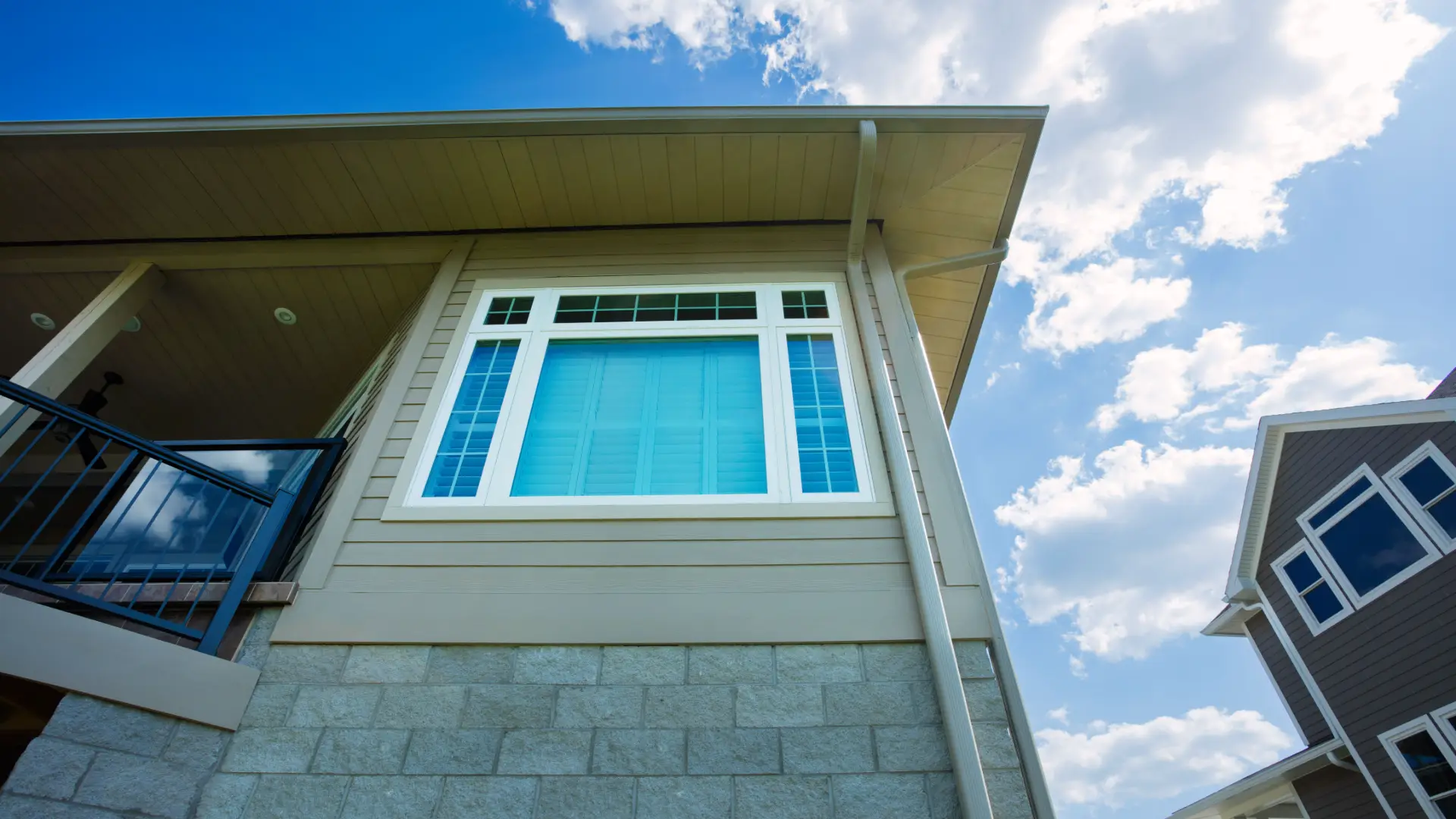
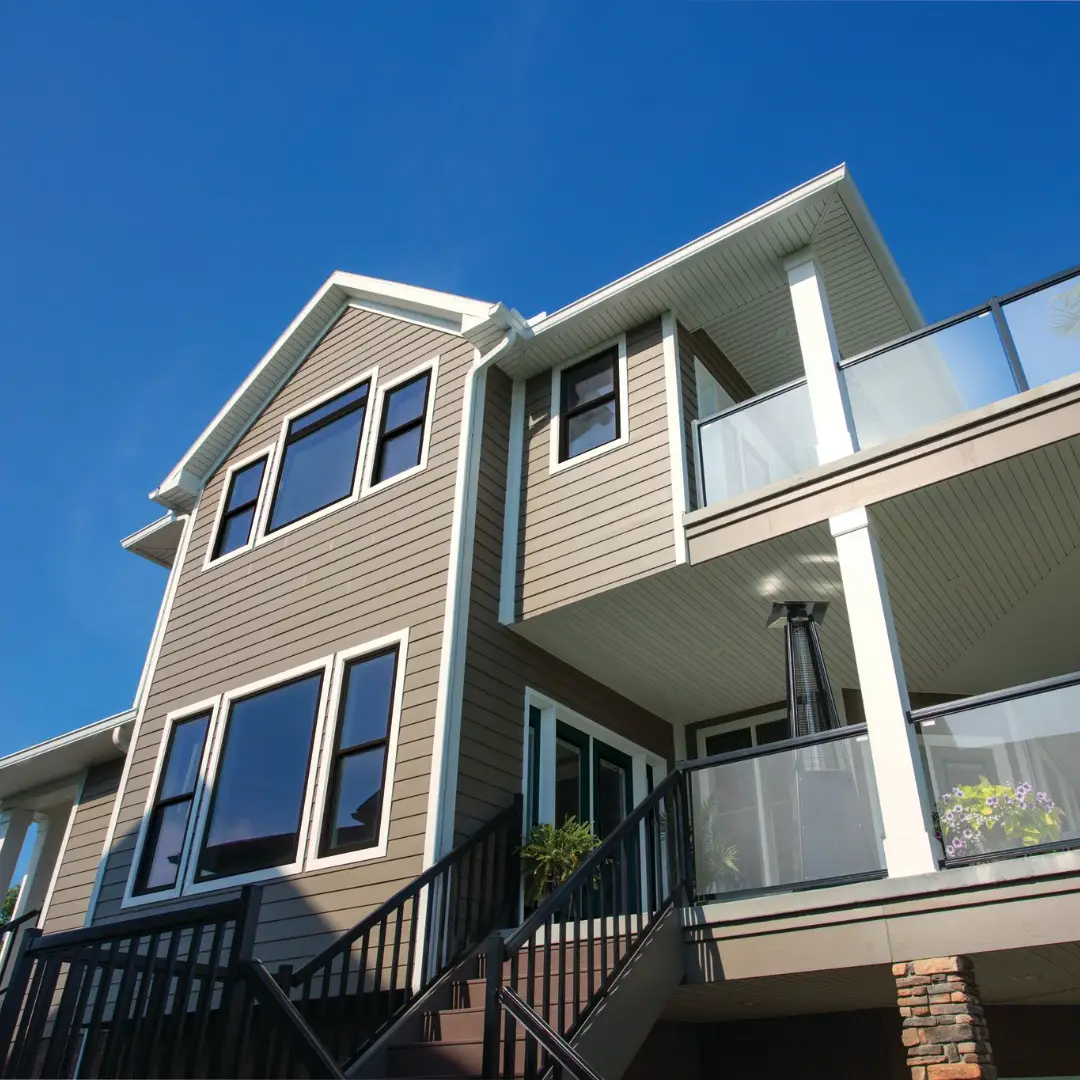
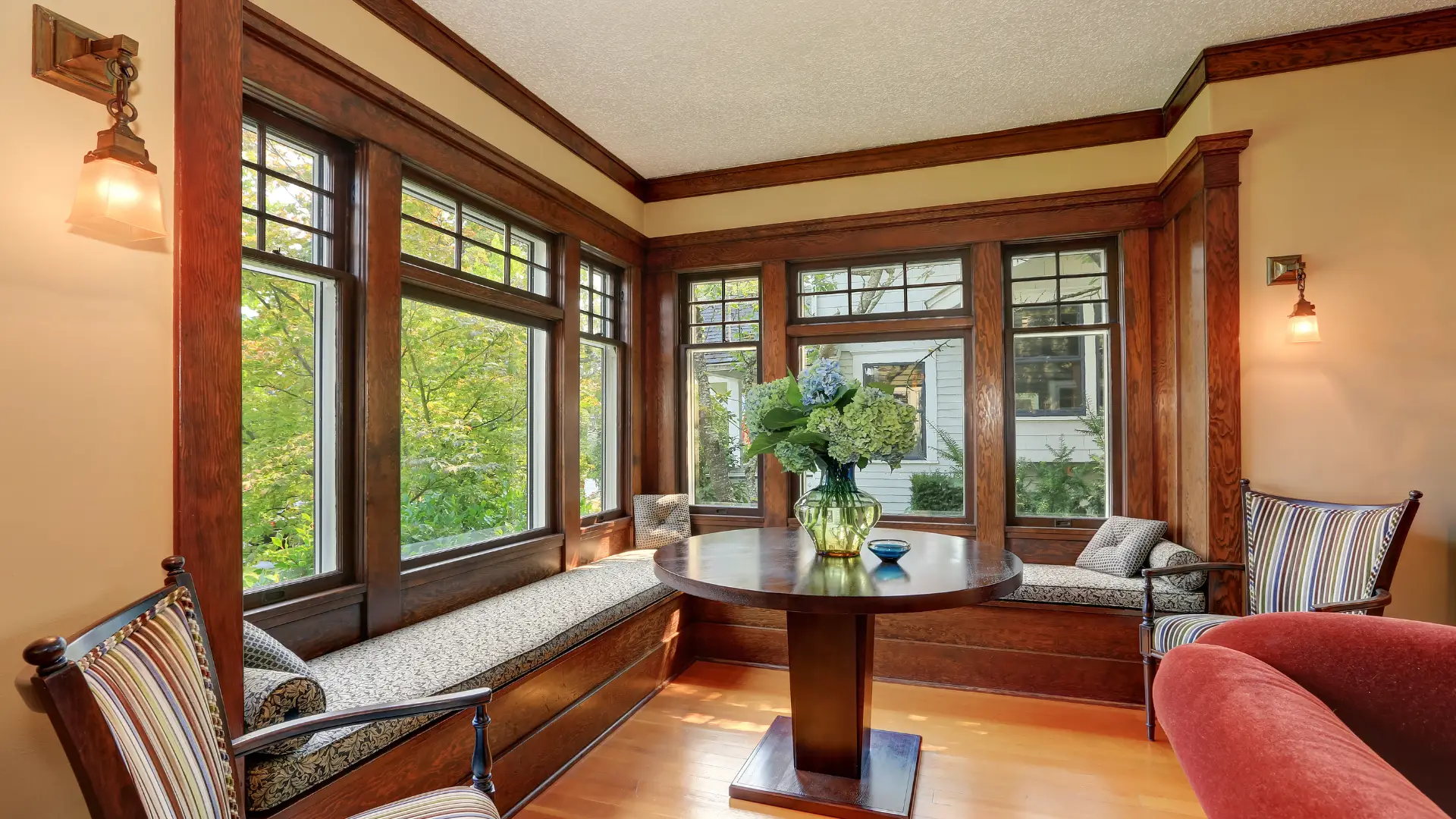

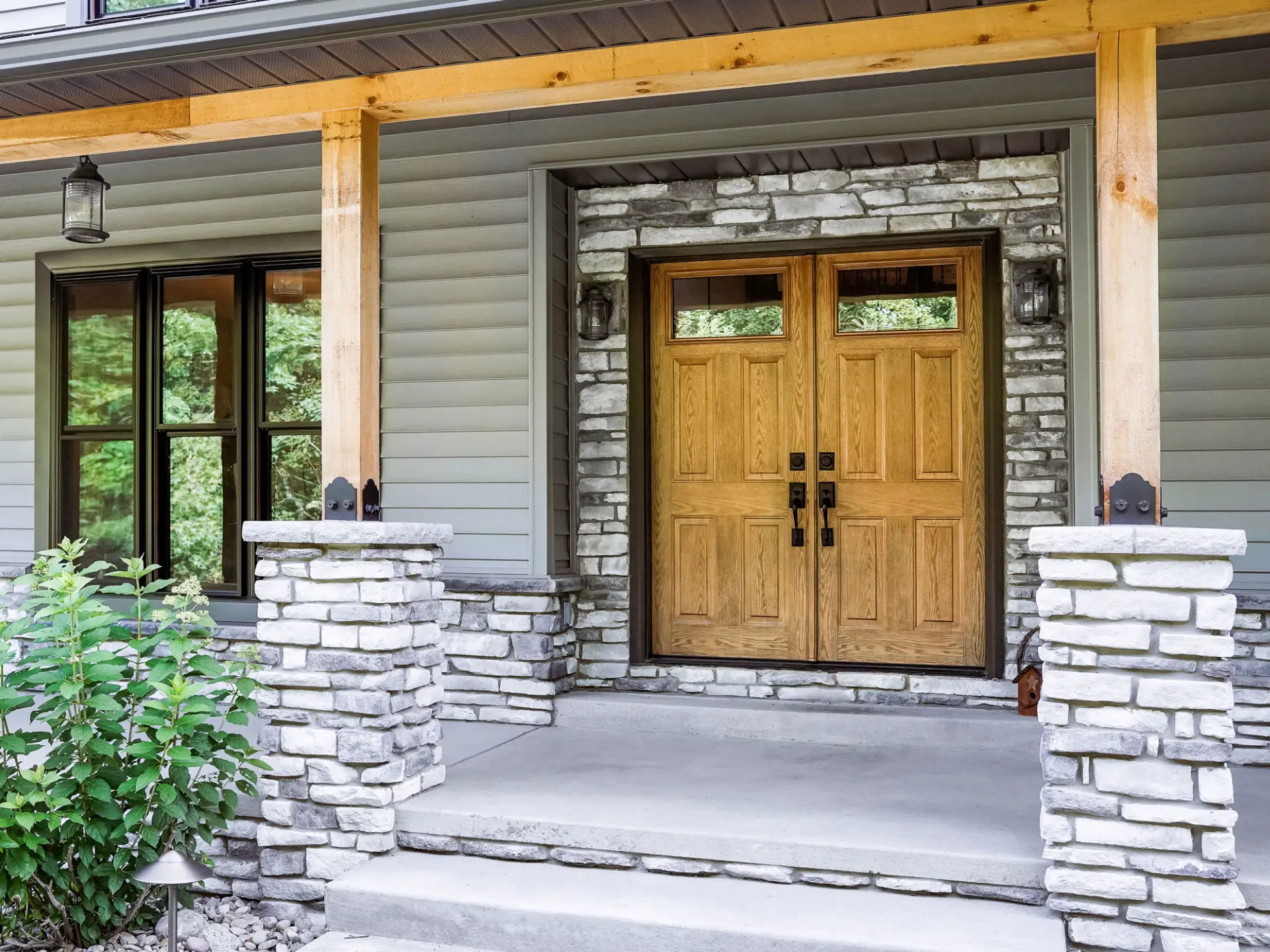
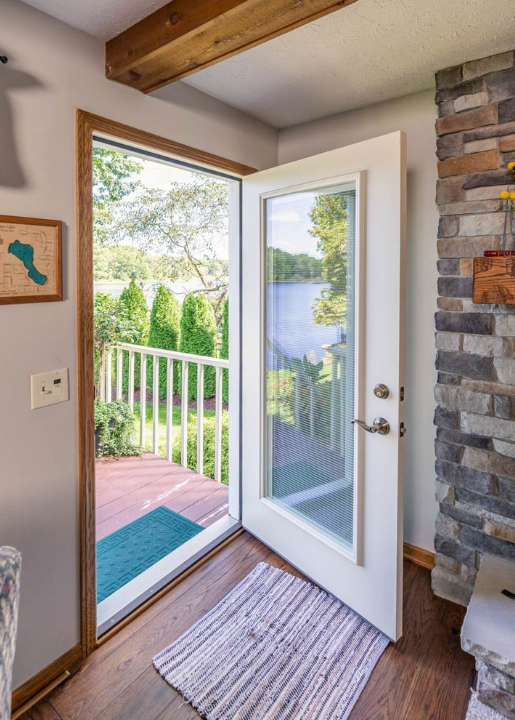
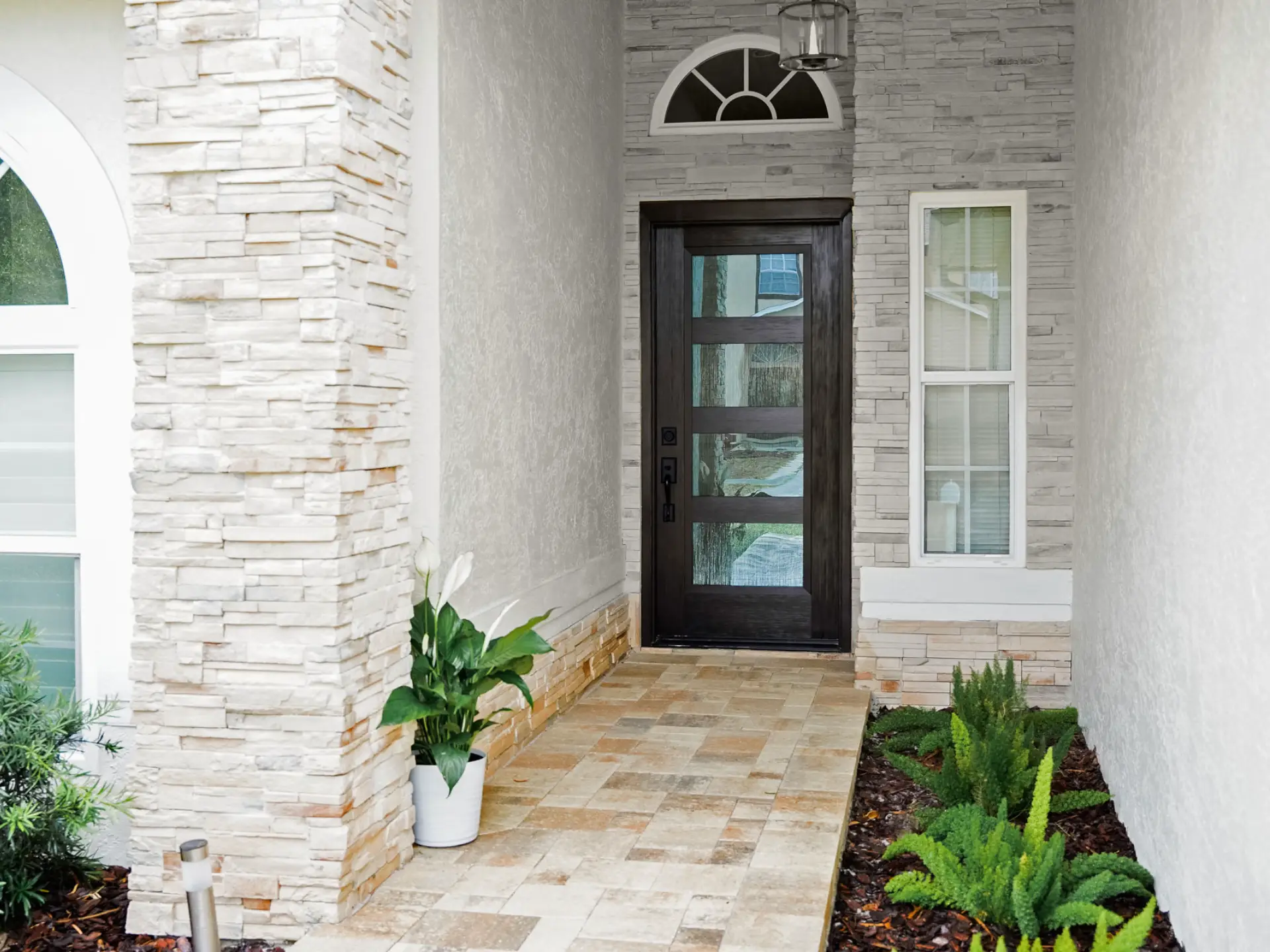
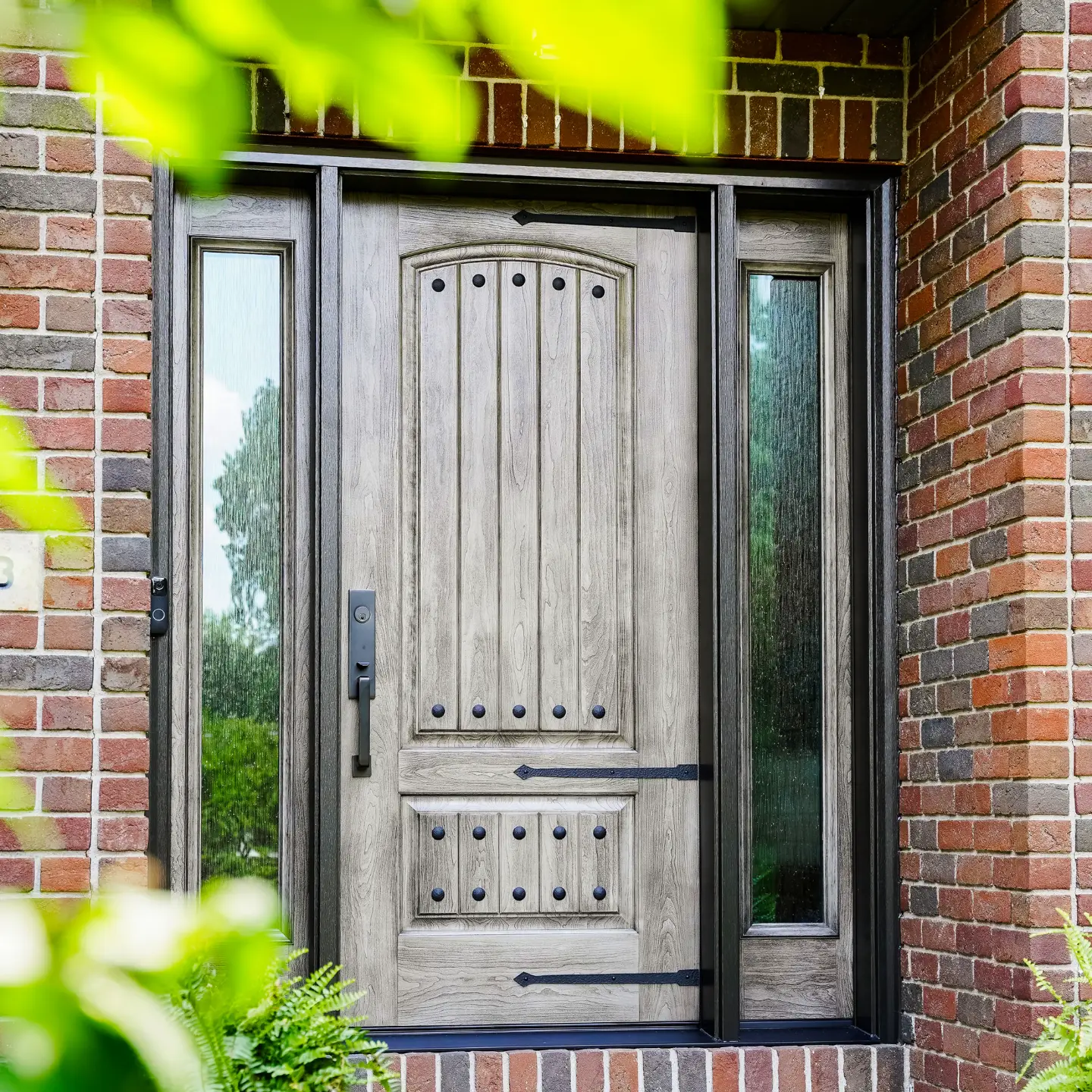
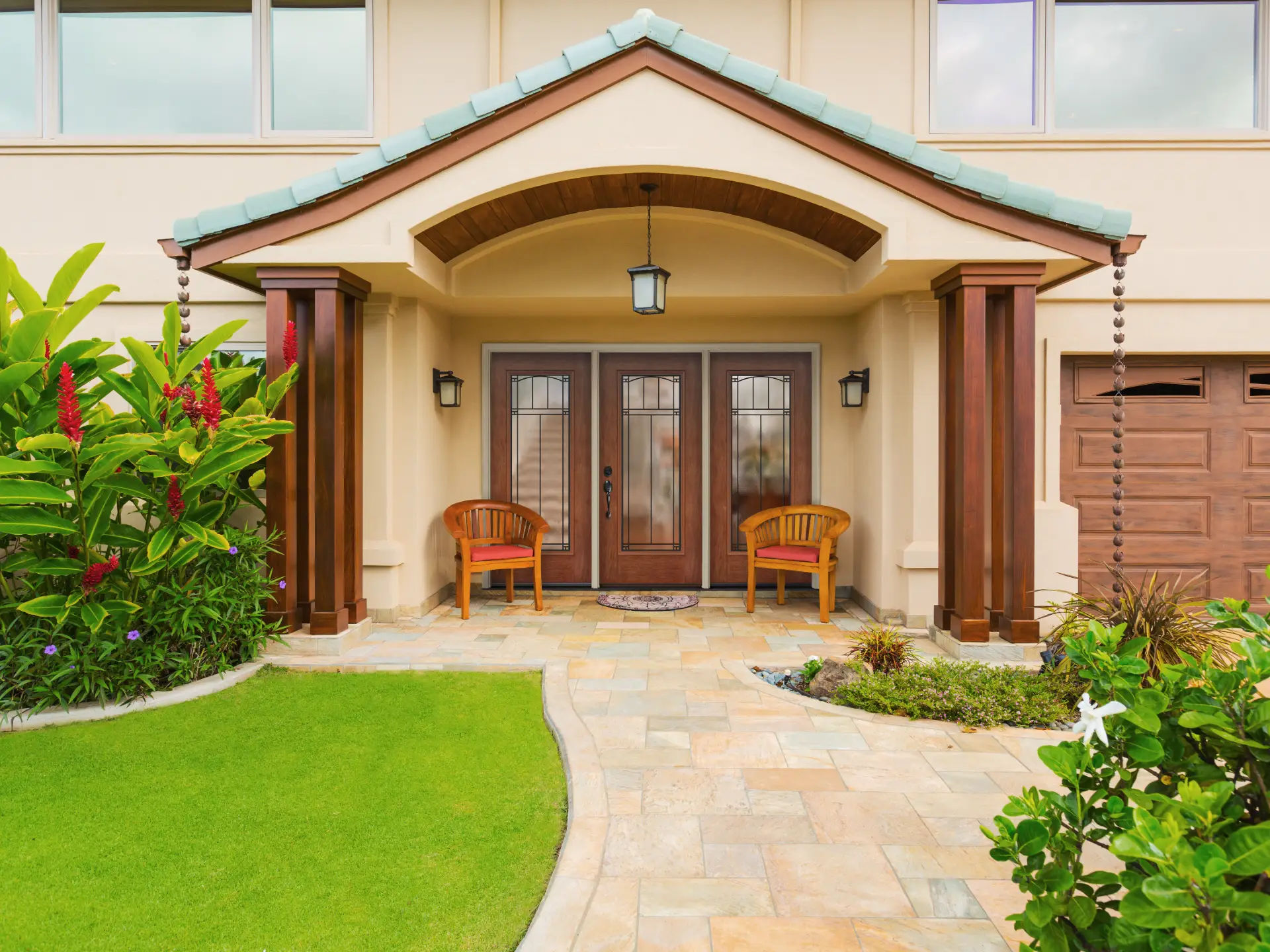
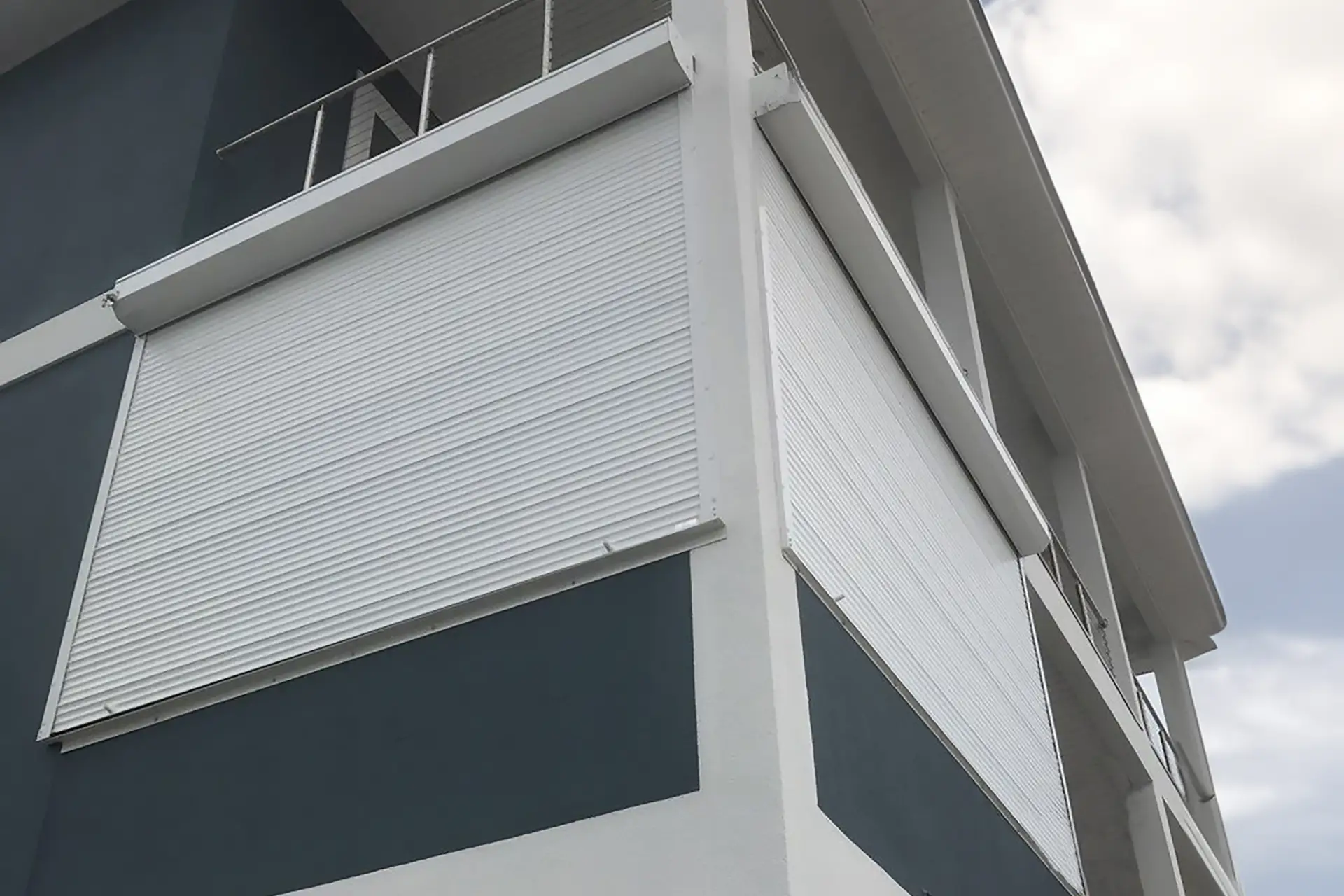
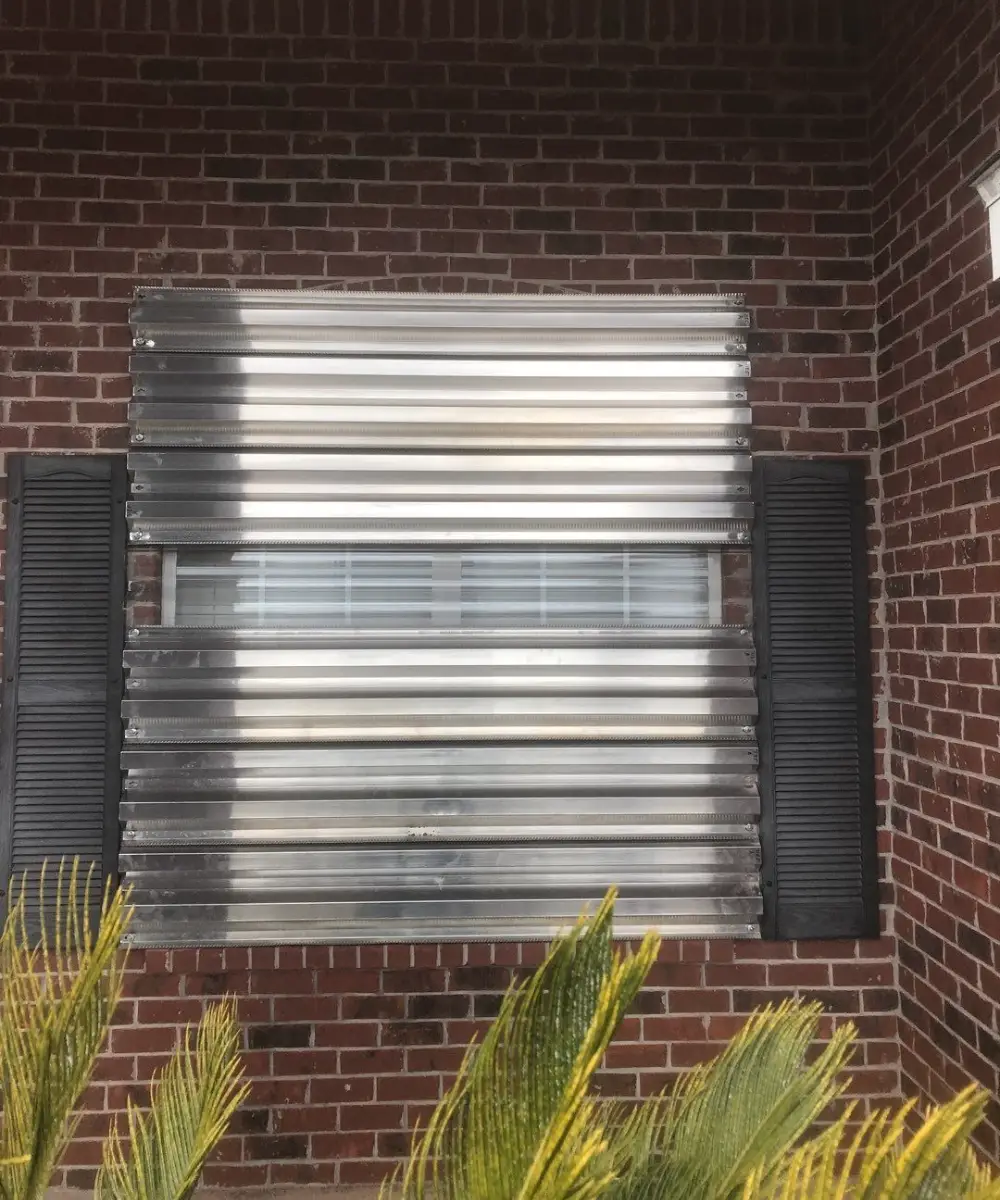
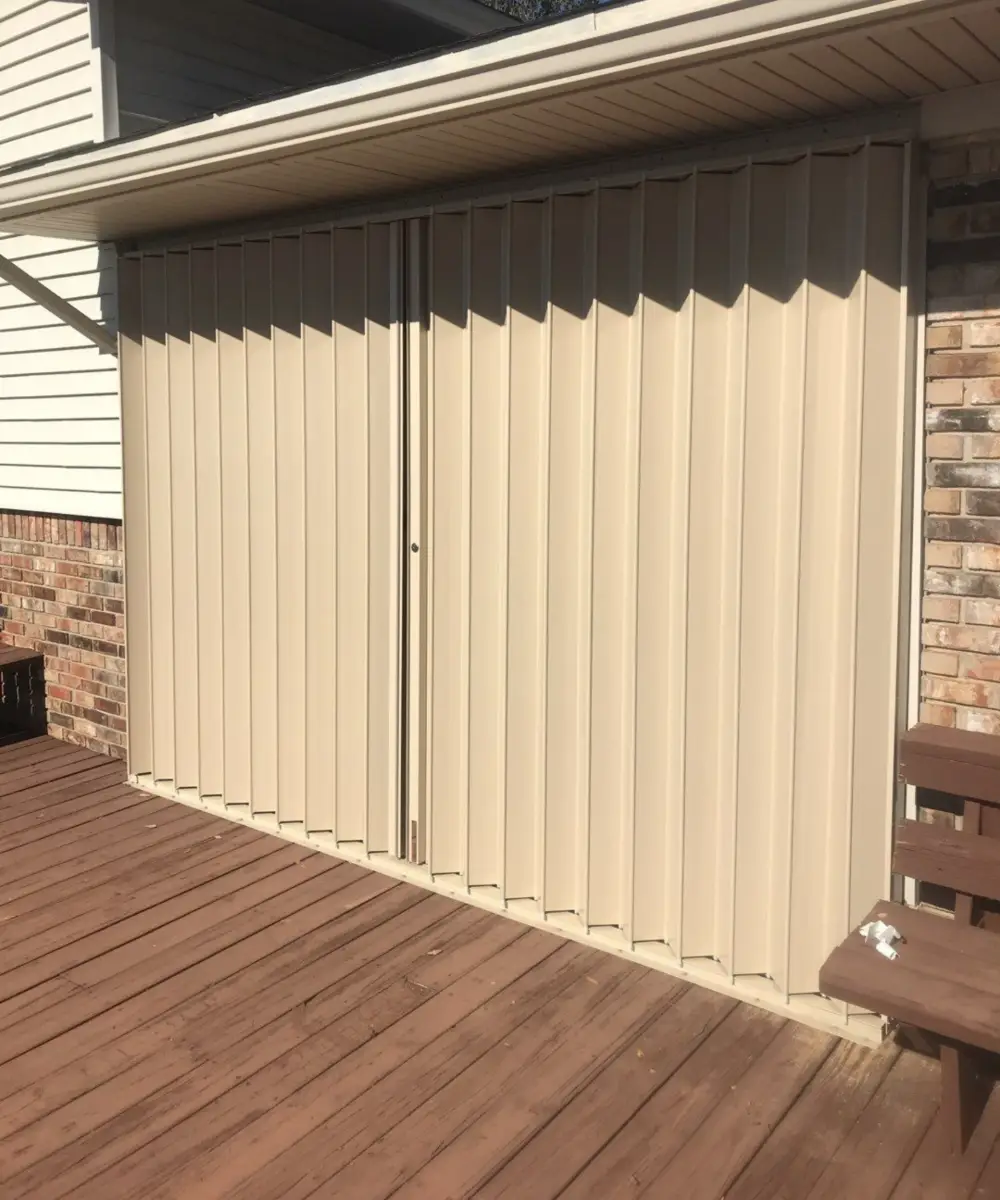
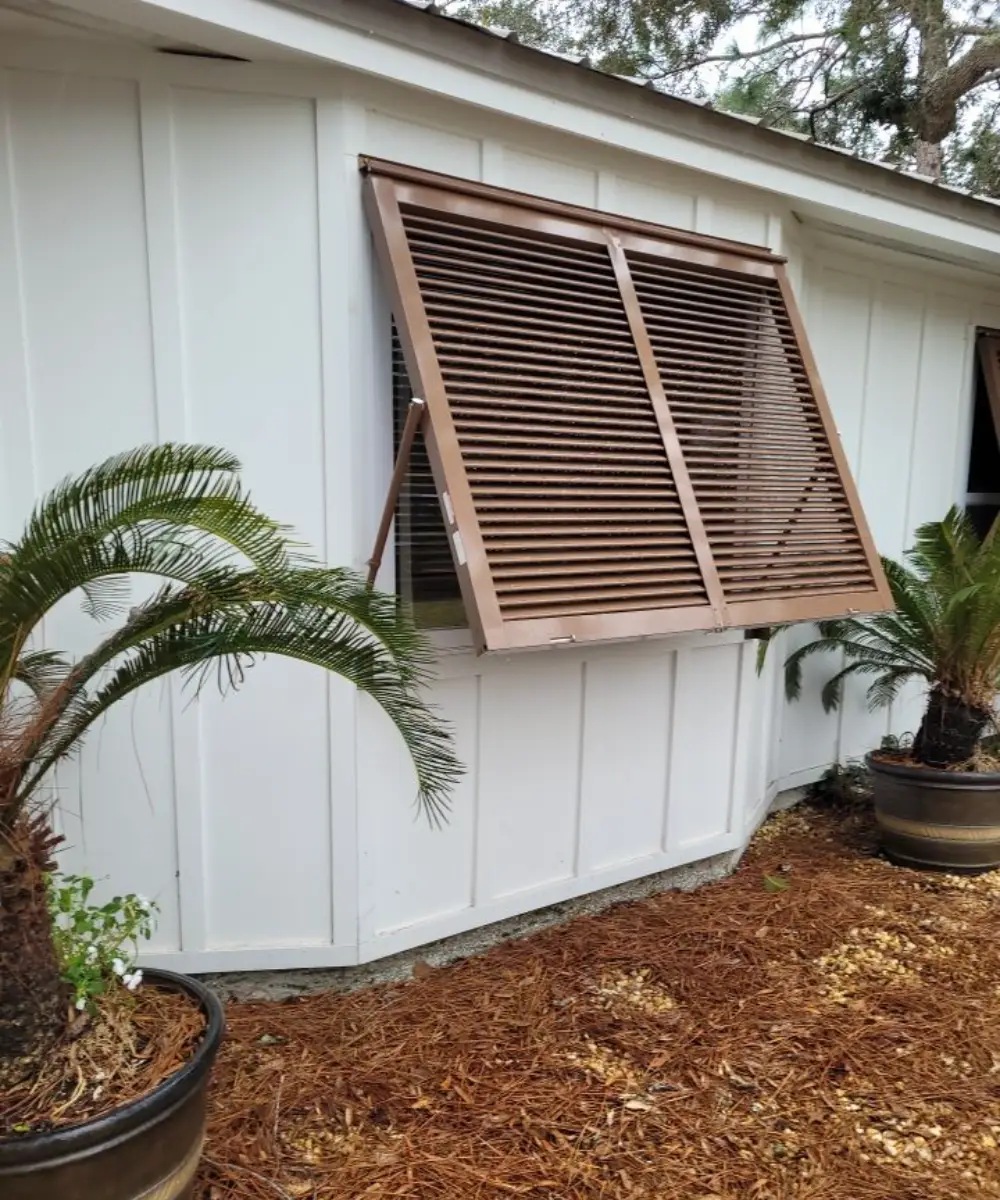
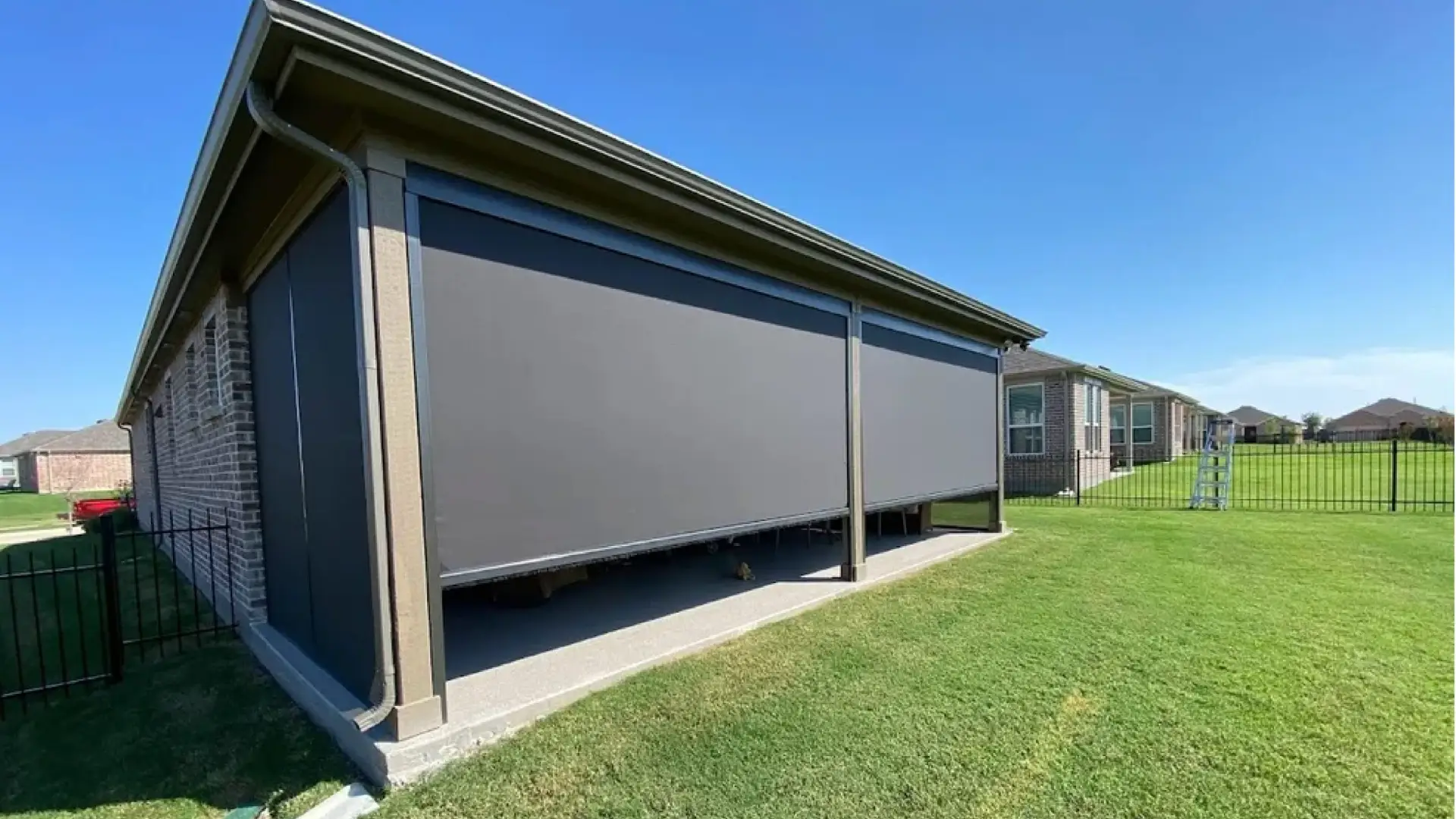
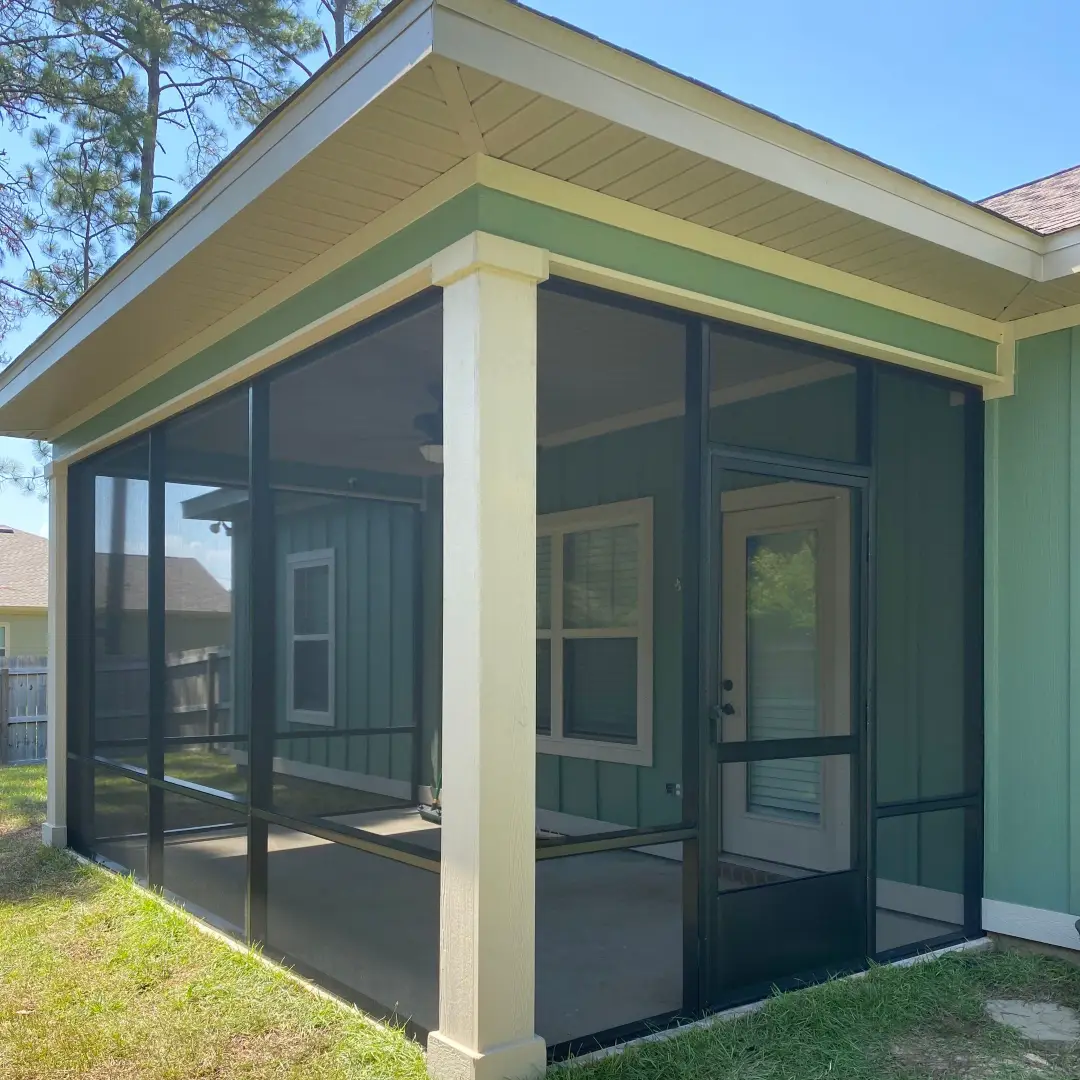

.webp)

